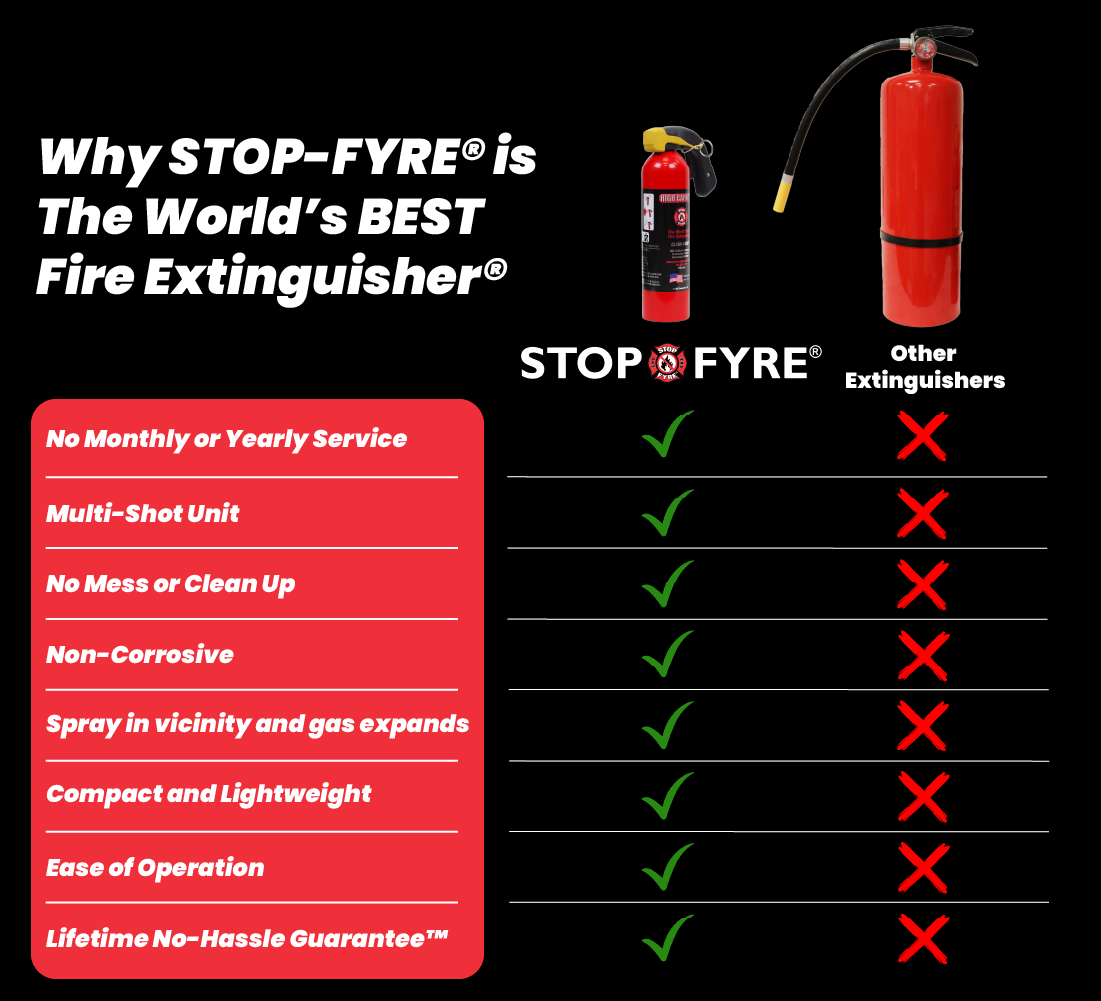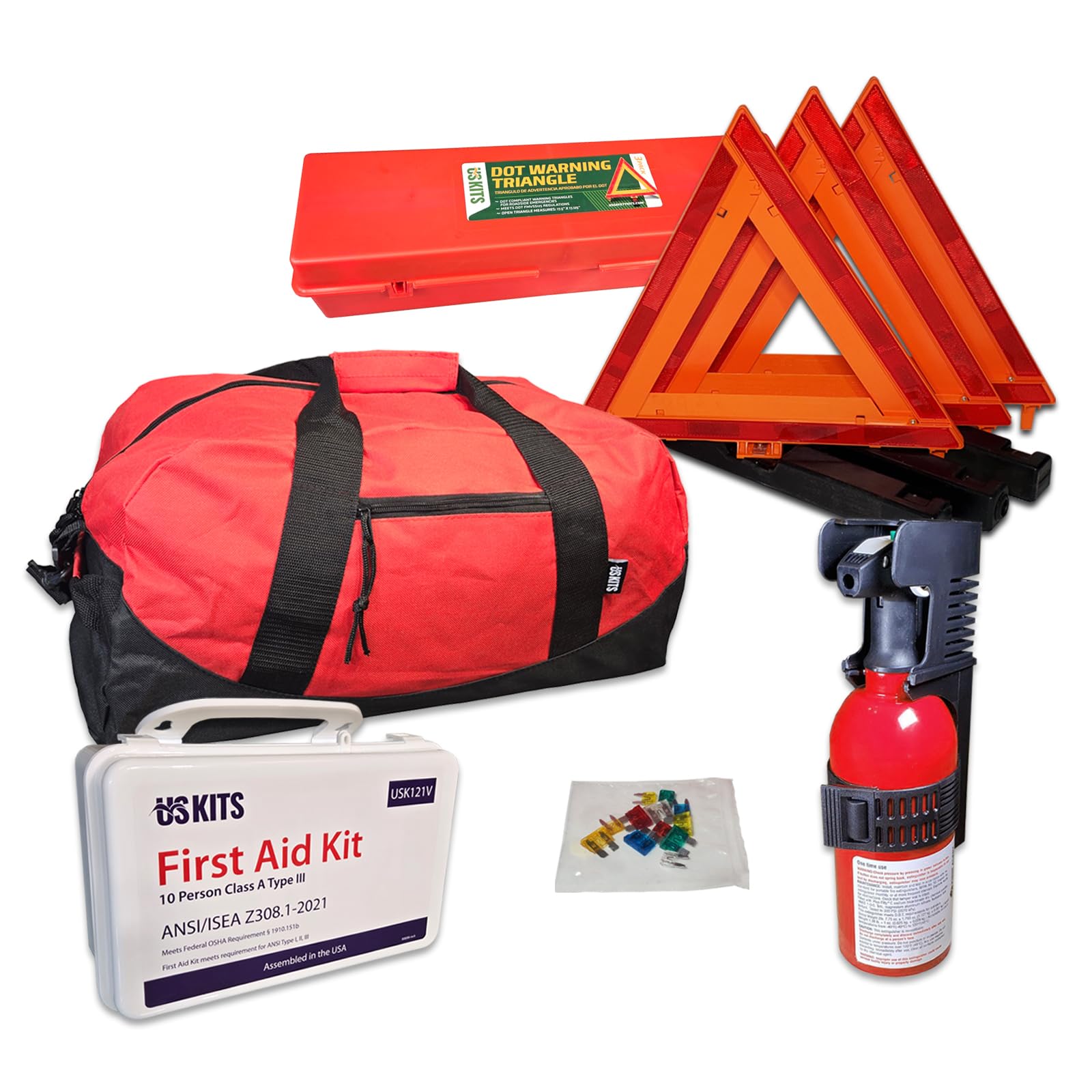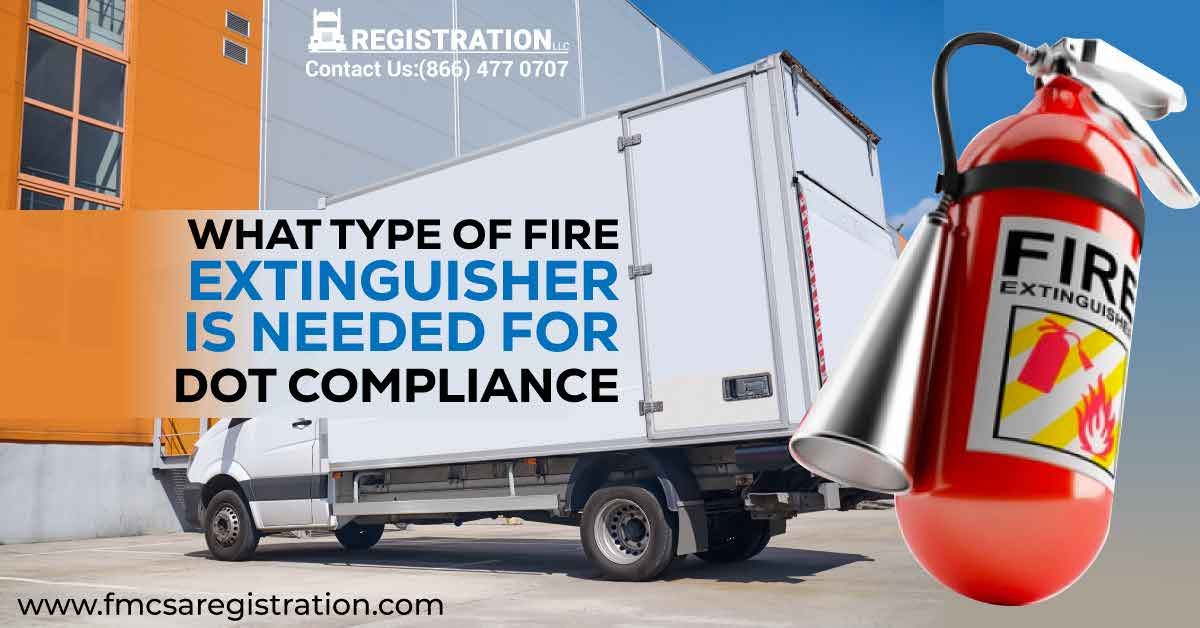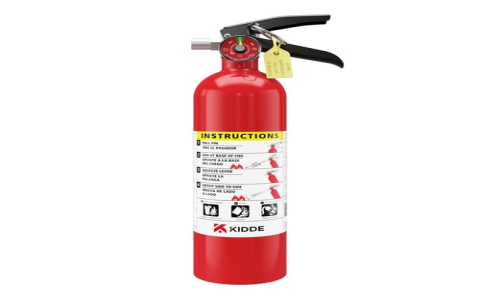DOT Approved Fire Extinguisher for Truck Safety & Compliance
DOT Approved Fire Extinguisher for Truck Safety & Compliance: The Ultimate Guide
As a truck owner or operator, you know that safety isn’t just a priority—it’s a legal requirement. One of the most critical, yet often overlooked, pieces of safety equipment is your fire extinguisher. But not just any extinguisher will do. To pass a DOT inspection and be truly prepared for an emergency, you need a DOT approved fire extinguisher. This isn’t just bureaucratic red tape; it’s a specification designed to handle the types of fires that can occur on a commercial vehicle. In this comprehensive guide, we’ll break down everything you need to know, from the specific regulations to the best models on the market, ensuring your rig is both safe and compliant on every haul.
What Does “DOT Approved” Actually Mean for a Fire Extinguisher?
When you see “DOT approved” on a fire extinguisher, it means the unit meets the specific safety standards set by the United States Department of Transportation. For commercial motor vehicles, this is governed by the Federal Motor Carrier Safety Regulations (FMCSRs). The key specification is found in §393.95, which mandates that every truck must carry a minimum of one fire extinguisher. This isn’t a suggestion; it’s the law. The extinguisher must be properly filled and readily available for use. More specifically, it must have an Underwriters Laboratories (UL) rating of 5 B:C or more. But what does that rating mean? The “B” indicates it’s effective on flammable liquid fires (like fuel or oil), and the “C” means it’s safe for use on energized electrical equipment. This specific rating is non-negotiable for truck fire safety compliance.

Why a Standard Fire Extinguisher Isn’t Enough for Your Rig
You might have a fire extinguisher in your garage, but that doesn’t mean it’s suitable for your truck. The environment in a commercial vehicle is vastly different. Vibration, extreme temperatures, and the presence of specific hazards like diesel fuel and high-voltage systems demand a more robust solution. A DOT approved fire extinguisher is built to withstand these conditions. Its mounting bracket is designed to hold it securely on rough roads, preventing it from becoming a dangerous projectile. More importantly, the chemical agent inside is specifically chosen to combat the classes of fire most likely to occur in a truck, ensuring you can effectively suppress a blaze before it gets out of control. Using a non-compliant unit not only risks a violation but, more critically, risks lives and your livelihood.
Choosing the Right DOT Fire Extinguisher: A Buyer’s Guide
With several options on the market, selecting the right extinguisher can be confusing. Here’s a straightforward breakdown of what to look for to ensure commercial vehicle safety.
- UL Rating: As mentioned, a 5 B:C is the minimum. Many operators opt for a 10 B:C model for extra protection, which is also compliant and provides a larger margin of safety.
- Size and Weight: A standard 2.5 lb ABC dry chemical extinguisher typically meets the 5 B:C requirement. It’s compact enough to mount in the cab without being obtrusive but powerful enough to tackle a small fire.
- Mounting Bracket: This is crucial. The bracket must be metal and robust enough to securely hold the extinguisher through constant vibration. A flimsy plastic bracket is a recipe for failure.
- Gauge: A clear, easy-to-read pressure gauge allows for quick visual inspection to ensure the unit is charged and ready.
Top Recommended Models for Truckers
Based on durability, reliability, and user reviews from fellow truckers, here are two top-performing models that consistently meet DOT requirements for fire extinguishers.
| Model | UL Rating | Weight | Key Features | Best For |
|---|---|---|---|---|
| Amerex B402 | 5 B:C | 2.5 lbs | All-metal valve, durable construction, reliable gauge. | Owner-operators seeking a long-lasting, trusted brand. |
| Kidde 21005779 | 5 B:C | 2.5 lbs | Affordable, includes a vehicle mounting bracket, easy to find. | Fleets and drivers looking for a cost-effective, compliant solution. |
Proper Placement and Maintenance: Don’t Just Mount It and Forget It
Having the right extinguisher is only half the battle. Proper placement and maintenance are what make it useful in an emergency. The extinguisher should be mounted in a location that is easily accessible from the driver’s seat—not buried behind luggage or in an outside compartment that’s hard to reach. Common spots are on the back of the cab, next to the driver’s seat, or on the passenger side floor bulkhead.
Maintenance is straightforward but non-negotiable. Perform a visual inspection during your pre-trip check. Look at the pressure gauge to ensure it’s in the green zone. Check the pin and seal to confirm they are intact. Give it a quick shake to prevent the dry chemical from compacting at the bottom. According to the Federal Motor Carrier Safety Administration (FMCSA), you must also record your monthly inspection in your vehicle maintenance log. Furthermore, the National Fire Protection Association (NFPA) standard 10 recommends a more thorough inspection by a certified professional every 12 months. This proactive approach is a cornerstone of effective truck fire safety compliance.
Expert Insight: Beyond the Minimum Requirement
We spoke with John Miller, a veteran safety consultant with over 20 years of experience in the transportation industry, to get his perspective. “While the 5 B:C unit meets the legal minimum, I always advise drivers to consider a 10 B:C model if space allows,” Miller advises. “The extra firefighting capability can make a critical difference in the first 30 seconds of a fire, which is often the most crucial window for containment. It’s a small investment for a significant boost in safety and peace of mind.” This expert recommendation highlights the importance of not just meeting the standard, but exceeding it for optimal commercial vehicle safety.
Common Questions Answered
Q: Can I use an ABC fire extinguisher for my truck?

A: Yes, but it must have a UL rating of at least 5 B:C. Many ABC extinguishers meet or exceed this rating, but you must check the label to be sure.
Q: How often does my truck fire extinguisher need to be inspected?
A> You are required by the FMCSA to perform a visual inspection monthly. An annual maintenance check by a qualified professional is also highly recommended.
Q: Where is the best place to mount my fire extinguisher?
A: The best place is within easy reach of the driver while seated, without any obstructions. A common and effective location is mounted to the back wall of the cab, directly behind the driver’s seat.
Q: What happens if I get inspected without a DOT approved fire extinguisher?
A: You will likely be placed out-of-service until you obtain a compliant unit. This results in downtime, lost revenue, and potential fines, not to mention the severe safety risk.

Final Thoughts on Truck Safety
Investing in a proper DOT approved fire extinguisher is one of the simplest and most effective steps you can take to protect your vehicle, your cargo, and yourself. It’s a fundamental component of professional trucking that satisfies the law and embodies a commitment to safety. Don’t cut corners on this essential piece of equipment. Check your extinguisher today, make sure it’s the right one, and ensure it’s ready to perform if you ever need it.
Sources:
Federal Motor Carrier Safety Administration: §393.95 Fire extinguishers
National Fire Protection Association: NFPA 10 Standard for Portable Fire Extinguishers








